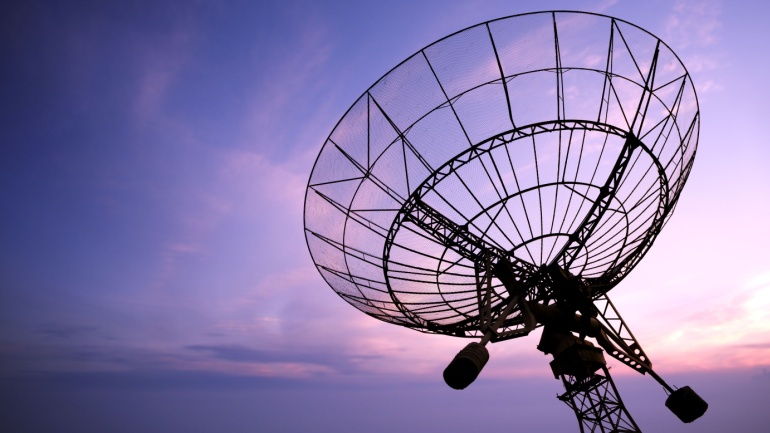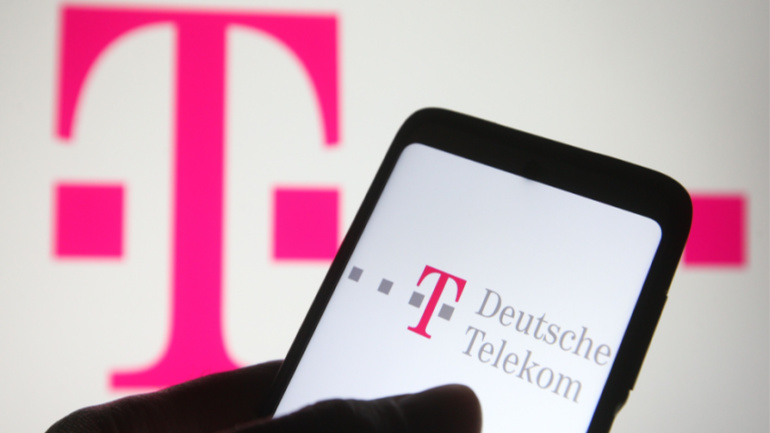Deutsche Telekom and the satellite company Viasat have recently enhanced in-flight internet connectivity for flights to and from Cyprus by activating three new ground stations. These stations are part of an expansion that strengthens the European Aviation Network (EAN) in the Eastern Mediterranean, bringing the total to 300 ground network antenna sites across Europe.
In a significant development within the tech industry, Deutsche Telekom has taken a pioneering step by becoming the first corporate partner of the Fetch.ai Foundation. This collaboration marks a notable endeavor to merge artificial intelligence (AI), blockchain, and Web3 technologies, aiming to revolutionize the way autonomous systems interact and operate within the digital world.
In a significant step for Deutsche Glasfaser’s growth strategy, it has elected to utilize Ekinops’ Ekinops360 platform to overhaul and unify its optical transport network across Germany. Deutsche Glasfaser’s choice, after extensive evaluation of several competitive tenders, was driven by a desire for a unified system that provides automation in service provisioning, rapid market-entry industry-leading cost-effectiveness.
Ingbert Liebing, VKU Chief, calls for decisive action from BNetzA to ensure Deutsche Telekom’s transparency in its fiber expansion plans. VKU argues that Telekom’s vague plans have hampered national FTTH deployment. However, Deutsche Telekom views this as fair competition. With over 300 complaints about overbuilding, Juergen Grützner, VATM MD believes clearer regulation is urgent to meet expansion goals.
Deutsche Telekom and Mavenir are making strides in 5G network slicing technology. A “5G Live Video Production Service” now allows reliable HD video streaming over 5G, even via smartphones. They’ve also demonstrated a proof-of-concept for on-demand 5G network slicing services, streamlining customization and quality assurance. These innovations offer agility, efficiency, and new revenue prospects.
Deutsche Telekom has made a significant stride in mobile telecommunications, achieving 12 gigabits per second in field tests using 6GHz frequencies – quite a leap from the current 5G network speeds. The German telecom giant credits this achievement to merging two data streams from different frequency antennas, a method they suggest may become standard for these bands. However, before this breakthrough can materialize, it’ll go under scrutiny during the upcoming ITU World Radiocommunications Conference.
Deutsche Telekom and Google venture into tablet manufacturing, pinning their hopes on the affordable “T Tablet”. Designed for digital learning, this device blends advanced hardware, potent software, and network capabilities. Aiming at a wider 5G access, it also targets narrowing the digital divide. The tablet’s debut could spark new conversations about digitization in the education sector and beyond.
Deutsche Telekom and Ericsson’s recent secure network slice proof of concept simplifies enterprise use with automated configuration and end-to-end orchestration, connecting smartphones seamlessly to private cloud services via 5G. This innovation could revolutionize the telecommunications industry by offering customizable, easy-to-understand connectivity solutions for businesses worldwide.
The excellent 20-year collaboration between FC Bayern and Deutsche Telekom (DT) has been extended to 2027. The two partners will keep delighting German record champions’ supporters with cutting-edge services and deals. Although no specifics were provided, the German duo said that the agreement would increase the appeal of the telecom operator’s brand and foster technical advancement in the game. With this relationship, DT hopes to keep fans interested in its products and services while also gaining access to unique material that it would presumably show on its FC Bayern.tv channel on MagentaTV subscription platforms. The telecoms corporation has been the primary sponsor of the Allianz Arena since 2002, appearing on jerseys and advertising boards among other things. The concurrent development of both brands into major global players has been accompanied by a number of collaborative projects and innovations. Oliver Kahn, FC Bayern CEO, commented: “We’re very happy…
Deutsche Telekom has selected Google Cloud for its first cloud-native trials in network and data analytics. The operator expanded its partnership with Google Cloud to develop a collaborative roadmap for the telecoms sector by bringing the power of the cloud closer to mobile and connected devices at the network’s edge. The initial phase of this extended Deutsche Telekom and Google Cloud relationship will focus on core network services, network analytics and customer experience analytics. Deutsche Telekom and Google Cloud will jointly test a range of network services in Austria, including 5G standalone and remote packet gateway operations, using Google Cloud and Google Distributed Cloud Edge. In order to leverage data-driven operations and automated workflows with open, Kubernetes-based solutions provided by Google Cloud, Deutsche Telekom will explore a number of use cases including anomaly detection, performance counters and trace data. The operator will be able to better manage…













